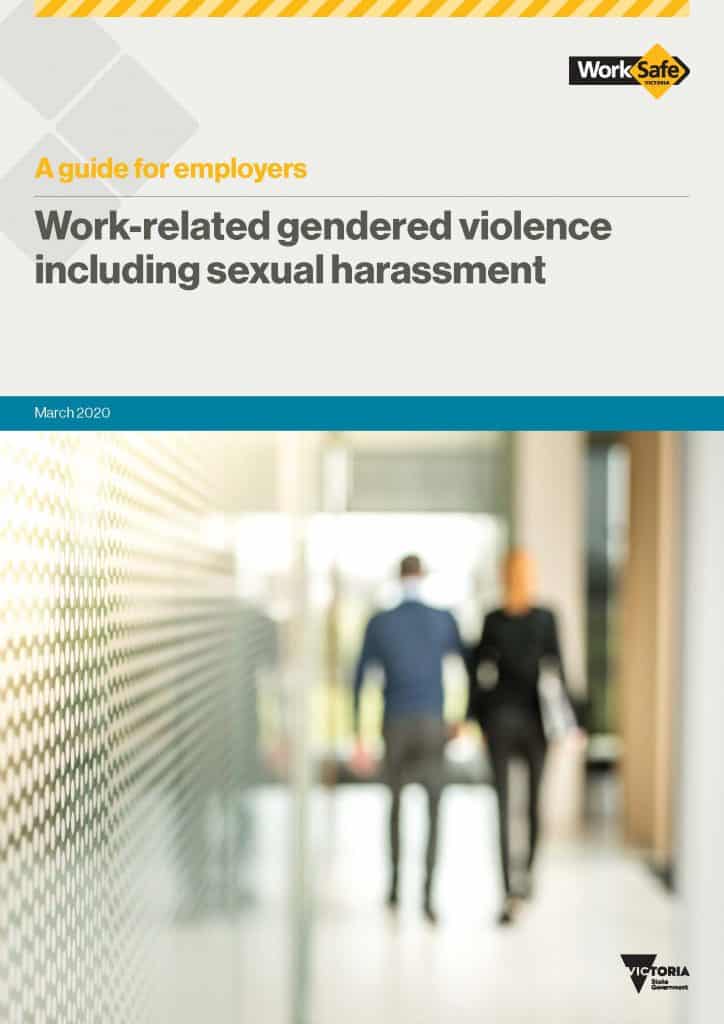The Australian Institute of Safety and Health’s online national conference offered some big topics this year. One of the most anticipated was the discussion of sexual harassment in the workplace. Luckily the panel discussion included big hitters such as Sex Discrimination Commissioner Kate Jenkins whose week was about to get a lot busier with the revelations of sexual harassment by Australia’s High Court Justice Dyson Heydon.

The Dyson Heydon sexual harassment accusations, which he emphatically denies, were revealed in an independent investigation for the High Court of Australia. The Justice Heydon case has generated copious media attention for many reasons including his prominence in a politically-charged Royal Commission into Trade Union Governance and Corruption. His sexual harassment offences are awful, but the most startling revelations are not necessarily about one man’s inappropriate actions. Here was an organisational, maybe even a professional, culture that permitted this behaviour to continue unchallenged for many many years. It is this context that, I believe, offers the most significant lessons for the occupational health and safety (OHS) profession and where OHS skills can help others.






